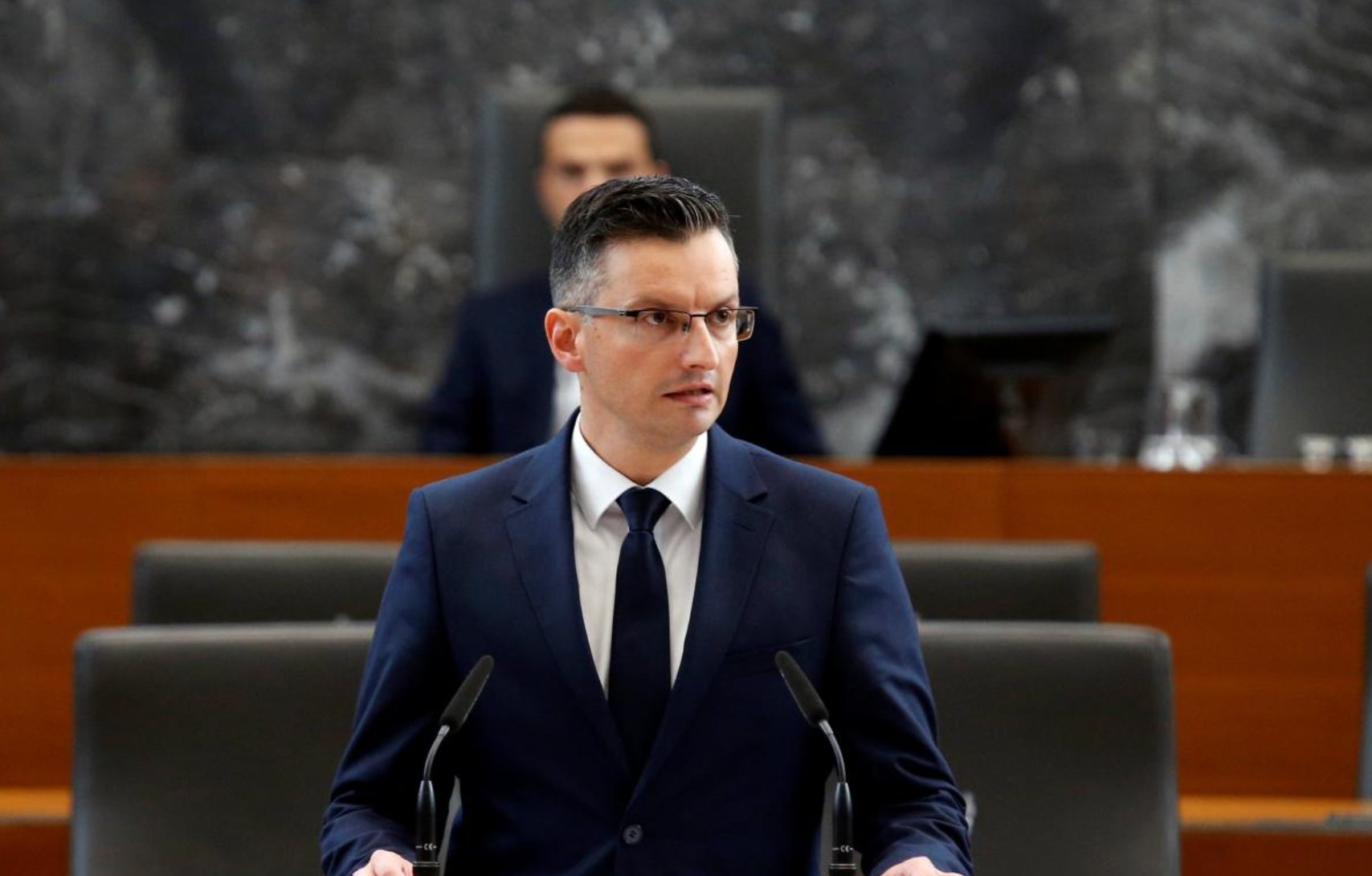
LJUBLJANA (Reuters) – Slovenia’s parliament approved Marjan Sarec, a comedian turned politician, as prime minister designate on Friday, setting him on track to form a minority government and end the country’s longest political stalemate since an election.
Sarec, 40, became the country’s youngest prime minister, with support from 55 lawmakers in the 90-seat body, sidelining the anti-immigrant SDS of ex-Prime Minister Janez Jansa which had won most votes in June 3 inconclusive ballot but was unable to cobble together a ruling majority.
Analysts were already forecasting a tricky ride for the new administration, given the conflicting platforms of the parties.
Sarec, a former mayor in northern Slovenia, has 15 days to pick his cabinet out of from a five-party center-left coalition led by his LMS party which will depend on the backing of the leftist Levica party.
Levica supported Sarec but said it would not participate in his cabinet. The five parties together hold 43 seats, and with Levica’s nine seats, they will hold a slim majority in the parliament.
Analysts however say the minority government will likely prove unstable, constraining any attempts of radical reforms.
“The difficulty, with which this cabinet is taking shape suggest that it will be unstable and the risk of early elections in this parliamentary term will be high,” according to a note by Teneo Intelligence.
The opposition also cast doubt into the future of the fragile government. “The legitimacy of such a mandate will be low … We can reasonably wonder how long this government will endure,” said Danijel Krivec, an MP of SDS.
Sarec told parliament he was not afraid to take responsibility. “Deeds, not words, will be counted,” he said.
One of the first tasks of the new government will be to start the sale of Slovenia’s largest bank, state-owned Nova Ljubljanska Banka (NLB).
Slovenia has committed to sell a 75 percent stake in NLB in exchange for European Commission approval of state aid to the bank in 2013 but this might be a problem as the Levica opposes the sale while most other parties believe Slovenia should sell majority of the bank.



